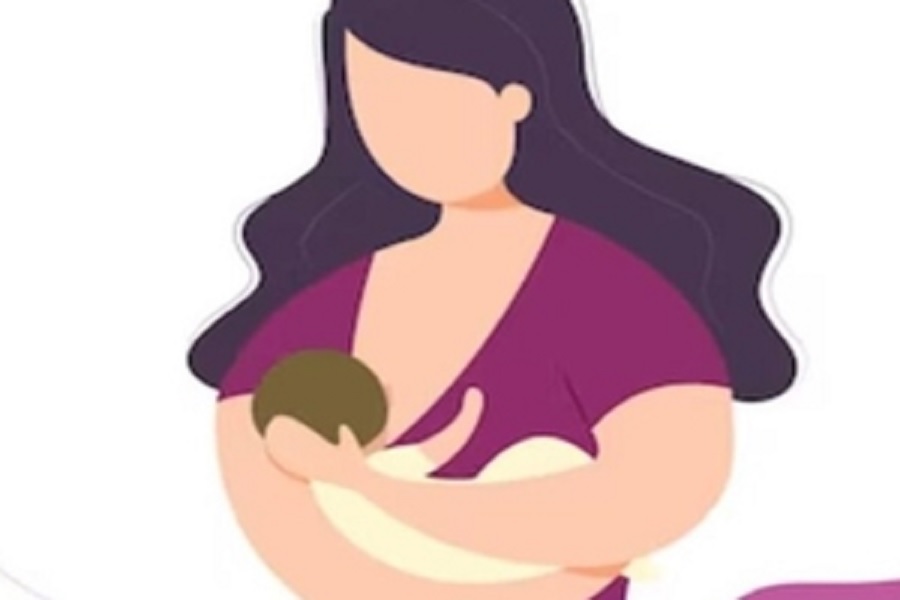
Follow us Now on Telegram ! Get daily 10 - 12 Interesting Updates. Join our Telegram Channel https://t.me/OhWomen
Download Telegram App before Joining the Channel
Breastfeeding can potentially reduce the risk of postpartum depression, said experts on Wednesday. World Breastfeeding Week is held in the first week of August every year, supported by World Health Organization, and United Nations International Children's Emergency Fund (UNICEF). The theme for 2024 is Closing the Gap: Breastfeeding Support for All. While the numerous benefits of breastfeeding for infants are widely acknowledged, there's a less discussed but crucial connection: its impact on maternal mental health, specifically postpartum depression. Postpartum depression (PPD) is a medical condition that many women experience within the first 2 to 3 days after delivery and may last for up to two weeks. It's typically characterised by strong feelings of sadness, anxiety (worry), and tiredness that last for a long time after giving birth. It also includes mood swings, crying spells, anxiety, and difficulty sleeping Research shows about one in seven women can have postpartum depression. PPD and anxiety are often overlooked challenges that many new mothers face. "Depression and anxiety disorders represent the most common obstetric complications during pregnancy and the first year postpartum, reducing the mother's ability to effectively perceive, decipher, and respond to their infant's needs," Manisha Khalane, Lactation Consultant, Surya Mother and Child Super Speciality Hospital, Pune, told IANS. A recent study published in The International Journal of Psychiatry in Medicine showed that women who breastfeed their babies were found to have a lower risk of developing PPD. The effects were maintained in those women over the first four months after child delivery. "While breastfeeding alone may not prevent postpartum depression, it can play a significant role in reducing the risk by promoting hormonal balance, physical recovery, emotional bonding, and a sense of purpose and support," Ruth Patterson, Chief Lactation Consultant at Cloudnine Group of Hospitals, Bengaluru, told IANS. Another study by the Max Planck Institute in Germany showed that breastfeeding can also improve mental health. It can help in reducing stress, anxiety, and overall negative mood. "Interestingly, breastfeeding and postpartum depression have a complex, bidirectional relationship. While postpartum depression can decrease the likelihood of breastfeeding, the act of breastfeeding itself has been shown to have a profound effect on alleviating symptoms of depression," added Khalane. Further, Patterson said breastfeeding stimulates the release of oxytocin, often referred to as the "love hormone." This promotes relaxation, reduces stress, and enhances mood, contributing to a sense of well-being. The release of oxytocin also helps the uterus contract, reducing postpartum bleeding and aiding in physical recovery, which can positively impact mental health. It can have a pain-relieving effect, which may contribute to overall comfort and well-being. Prolactin, another hormone involved in milk production, also has calming effects and can help improve mood stability, the expert said. Besides the immediate benefit of lowering postpartum depression risk, breastfeeding also has the long-term benefit of reducing the risk of breast cancer. "Breastfeeding is vital to reduce the chances of breast cancer in the mother. It is the need of the hour for new mothers to breastfeed their babies to ensure they stay healthy and safeguard themselves against breast cancer which is known to cause a higher mortality rate in women," Nitin Gupte, Gynecologist, Apollo Spectra, Pune, told IANS. Gupte explained that hormonal changes that occur during lactation may reduce lifetime exposure to oestrogen -- a hormone that is associated with breast cancer development.
Source : IANS